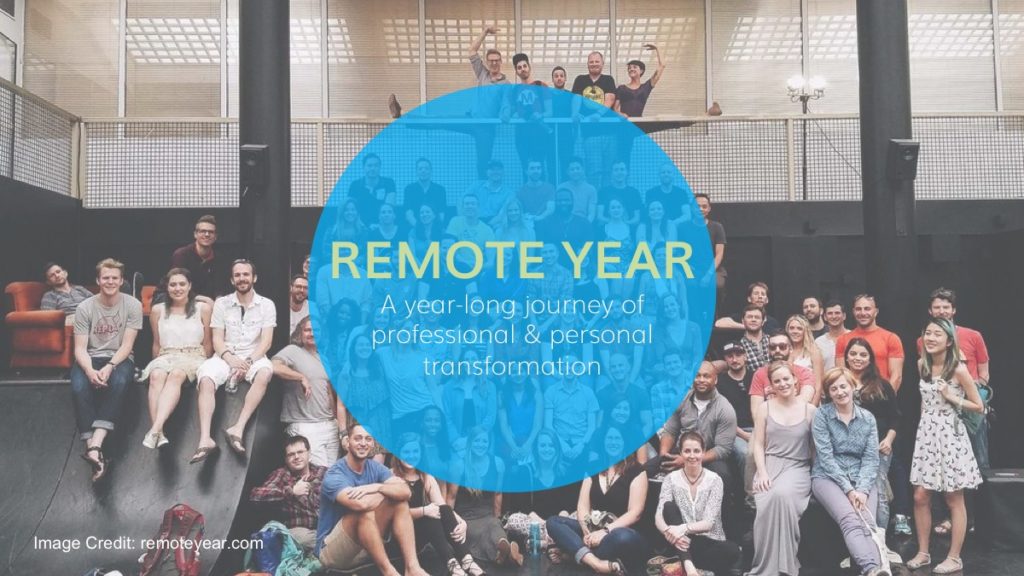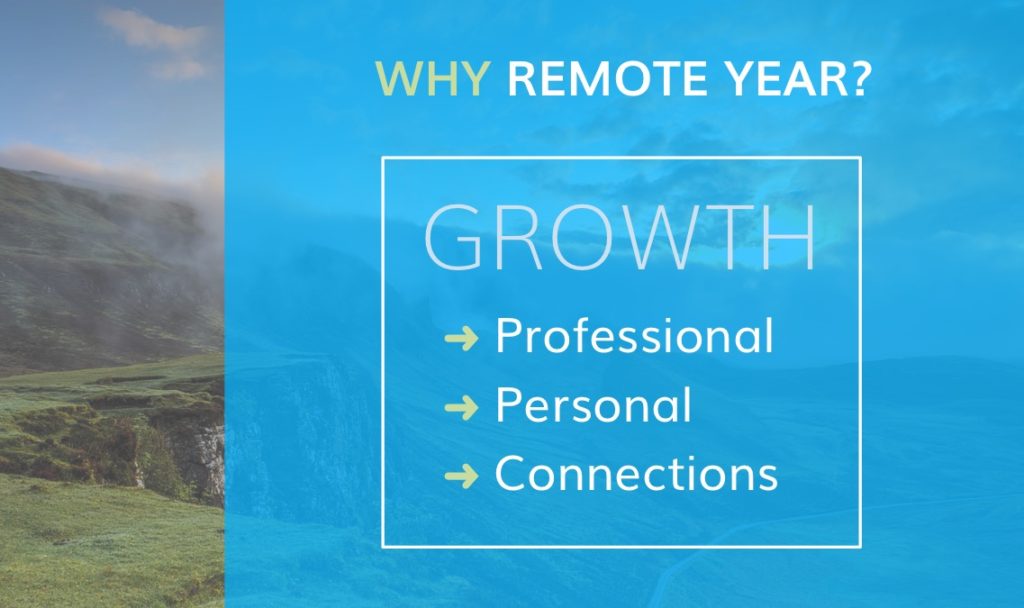 I like to travel. A LOT. What I don’t like is traveling alone.
I like to travel. A LOT. What I don’t like is traveling alone.
I had been unsuccessful for years at convincing any friends to join me on overseas jaunts, so I just never went. Fast-forward to May of this year when I finally took the plunge to travel by myself and meet up with a tour group in Europe, and it was the best trip I’ve ever had in my life.

Surprisingly, the best aspect of the trip wasn’t the locations we visited or the incredible things we saw — it was the people. When you’re on an adventure in a place you’ve never been before, all of these crazy/scary/funny things happen, and just having a group of people going through those same experiences with you made the trip for me. It also opened up a whole new world of travel, since now I don’t need to wait on anyone else to want to travel with me; I can just go wherever I want and find a group to meet up with!
The Application & Interview
After my incredible group travel experience, I went on a search for another one! I was online one afternoon researching possible tours to join later in the year when I saw an ad for something called Remote Year. Intrigued, I clicked on the link and read through every page of the Remote Year website. This program was everything I never knew would actually be possible — working a full-time job while being able to travel with a group and have logistics and lodging taken care of. I applied immediately, but after doing some online recon and discovering that thousands of people apply every month, I didn’t get my hopes up to hear anything back.
A few weeks later, Remote Year sent me a request to interview and it was at that point I went into full research mode — listening to every podcast about Remote Year I could find, reading every single article that came up in a Google search and reaching out to my network to see if anyone I know had heard of the program. Half of the people I talked to about the program were skeptical of it and they all gave the same reason: the program sounded too good to be true. The other half were excited for me and just wanted to know more. But neither of those responses helped me at all with my impending interview, so I went into the video conference not knowing at all what to expect.
My interview was with a team leader that was in Remote Year’s coworking space in Croatia at the time, and it was great to ask questions and get an idea ( as much as you can from a webcam) of how the coworking space worked. I felt that the interview itself went well. I asked a few questions I had about program specifics, then I was asked a little more about myself, why I wanted to join the program and what I could contribute to the group. Those were all questions I was prepared to answer and I felt pretty good about my chances. My feeling was accurate because a few days later I was provisionally accepted into the Remote Year group, Aurora, starting in January 2018.
I should have been over the moon with excitement, but the provisional acceptance just fueled a second fury of online research — this time, on what to expect for a year abroad and how to prepare for it. And my anxiety at the thought of making such a huge life shift caused all of these questions to pour into my head like, what will I do if I can’t sell my house and all of the rest of my earthly possessions before the trip? And, can I really afford this? And, most often, am I crazy for doing this?
Asking my employer to let me work abroad for a year
With all of my personal concerns running through my brain, I had to force myself to shift focus to how to present this idea to my employer. I love working for my current company and have no desire to leave, so rather than look for freelance work or a fully remote position, I chose to pursue convincing my employer to allow me to keep my current job and work remotely.
For a little background, I’m a graphic designer and have been working in my current role for a year and a half. 95% of my current responsibilities do not require me to be in the office, and I already occasionally work remotely when I need uninterrupted time to power through a project or just need a change of scenery.
Back to presenting Remote Year to my employer — I can’t just walk into my boss’s office and say, ‘Hey will you let me work remote in Europe, South Africa, and South America for a year?’. Fortunately, Remote Year provided quite a bit of guidance with how to approach initiating the conversation, and by the time I talked to my boss I had a simple, well-thought-out slideshow to present stating my case for why Remote Year is a good idea for both me and the company I work for. By this time, Remote Year had also imposed a soft deadline that was a month away for me to get approval for my employer to participate in the program, so I needed to get this ball rolling quickly.

I set up a meeting with my boss the same week and, after a lot of stressing out the night before, presented my slides on the program. I was lucky to have a boss that is open to new ideas and innovative programs for professional development, but the reality was that I had been immersed in research about Remote Year and remote work for the past month, and I was throwing all of this at her to process in about half an hour.
The presentation went off without a hitch and my boss was extremely supportive of my pursuit of the program. From then on there was nothing to do but field questions that came up about the program wait for final sign-off from other key departments.
And the final answer is…
After two months of back and forth meetings with multiple departments, missing my soft deadline date by a long-shot, and essentially putting my life on hold while waiting to get a “yes” or “no” from my empIoyer, I was ultimately told that I couldn’t participate in Remote Year because my working abroad would pose too great of a security risk.
I was beyond disappointed with getting a “no”. I had already envisioned the next year of my life being spent traveling and experiencing new people, places, and experiences on a daily basis, and having that opportunity taken away left me depressed for a few days. Of course, I’ll still travel as much as possible, but it won’t be anything as life-changing as the Remote Year experience would be.
So at the moment, I’m just asking myself, what do I do now? I could always just quit my job and go, but being saddled with grad school debt means I need to have regular income in order to support both day-to-day life and making loan payments. I could find a remote job, but every single remote opportunity I’ve seen so far is extremely low-paying, to the point that I’d need to have another job on the side. And who wants to travel the world, but be stuck inside a cafe or hotel room working the entire time?!
For right now, my indecision keeps me in Indiana trying to figure out whether to pursue this whole work abroad thing in the future… while planning my next international trip.




